Janina Szarek and the Teatr Studio am Salzufer – Tadeusz Różewicz Bühne Berlin
Mediathek Sorted
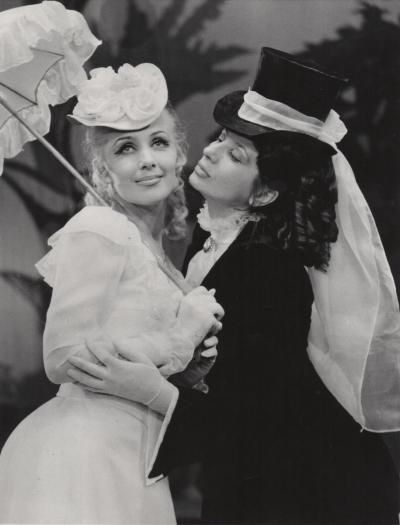
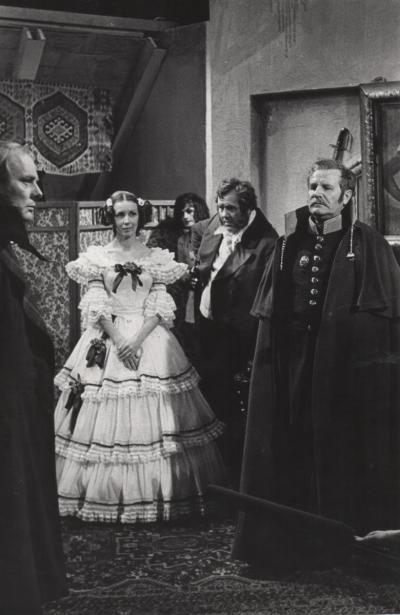
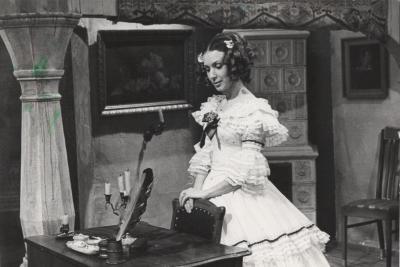

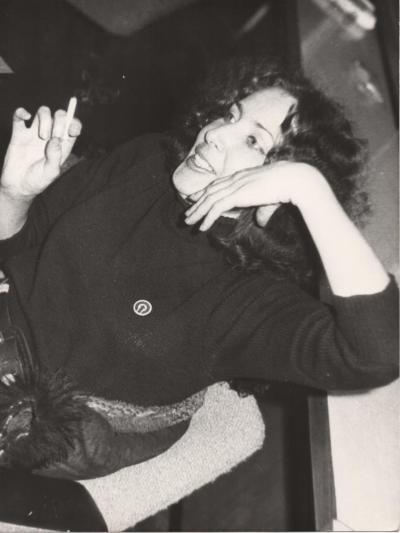
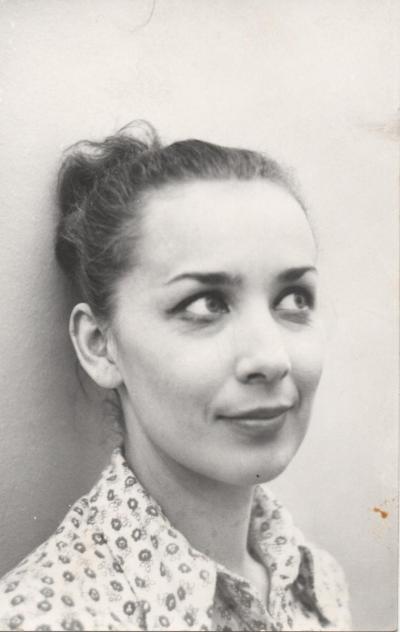
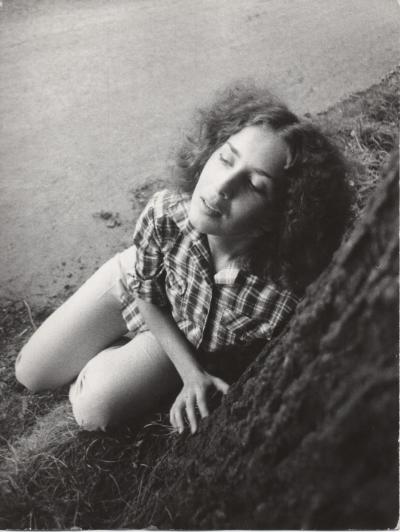
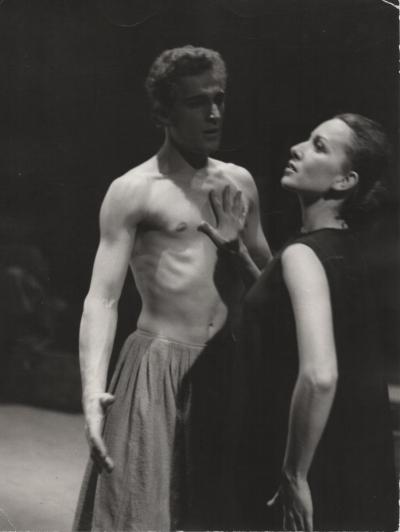
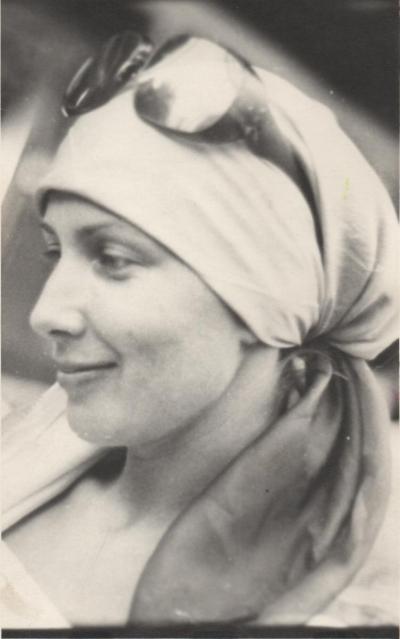
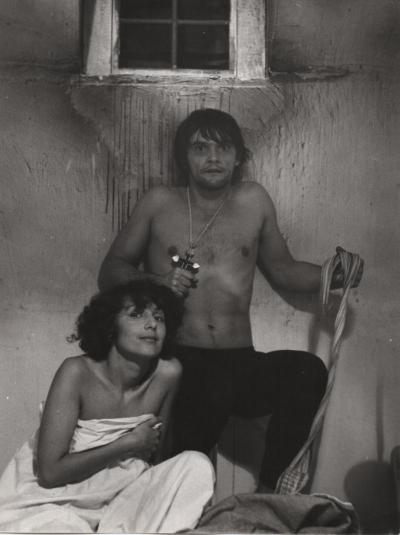

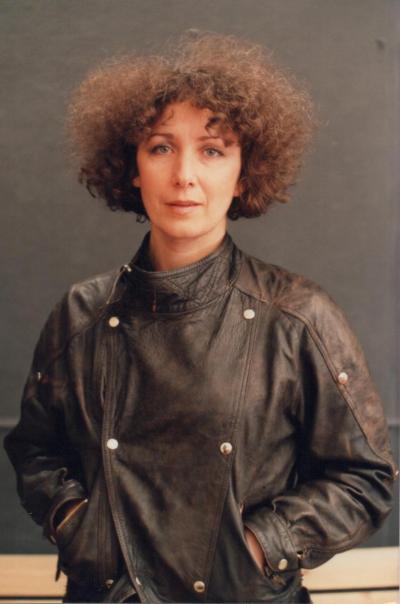


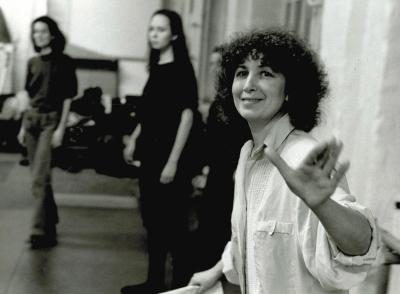
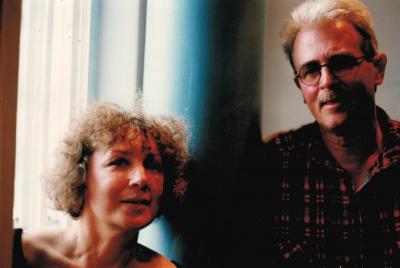
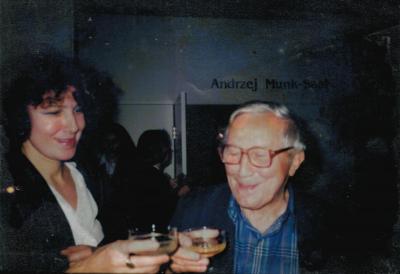
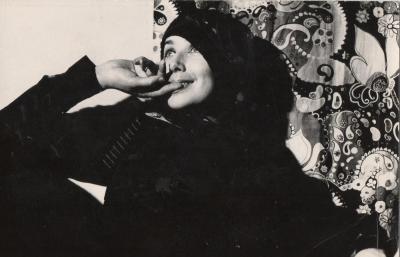
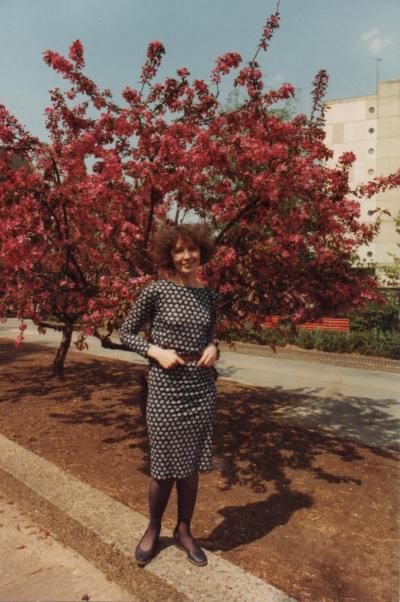
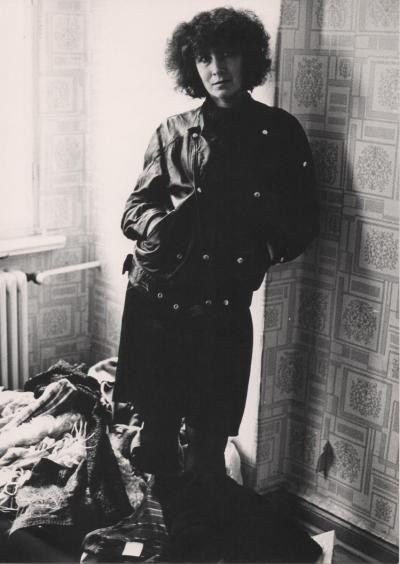

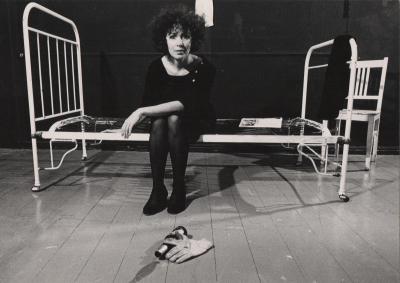
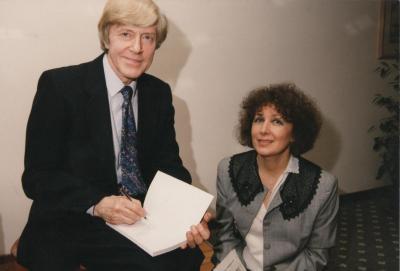
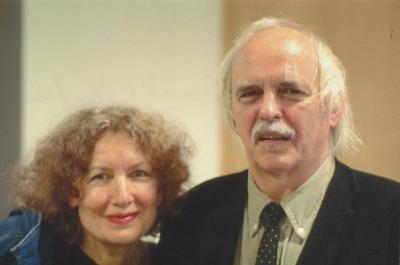
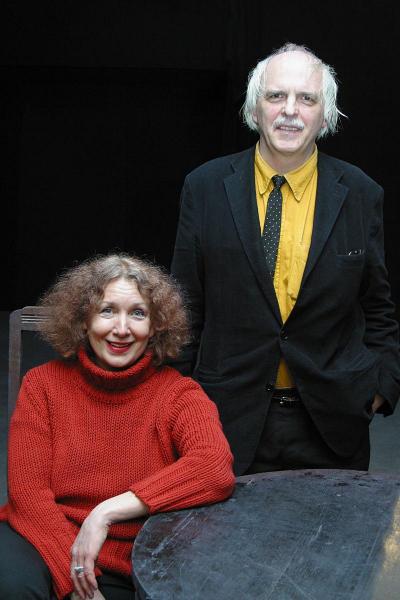

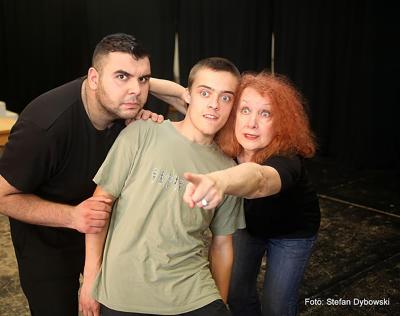
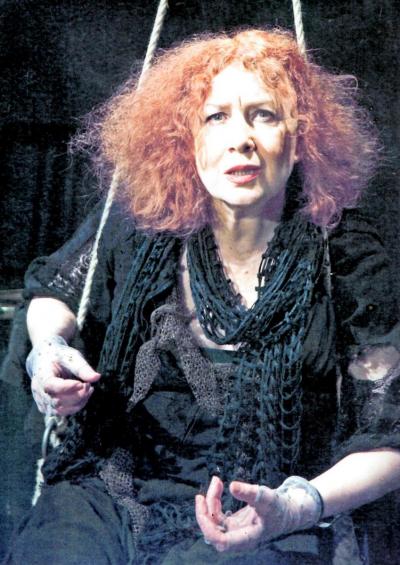


Film "The Madman and the Nun" - St. Ignacy Witkiewicz, Filmstudio Transform, Director: Janina Szarek

Jubileusz 16-lecia Szkoły Aktorskiej TRANSform oraz 14-lecia Teatru Studio
































The same goes for Krystian Lupa, whom she met in July 1973 on the train to Giżycko on the way to a summer camp for young artists. This meeting resulted in a longstanding friendship which also bore fruit professionally. In 1977, just one year after the actress left the Teatr Współczesny in Wrocław and a short time after her stint at the Bałtycki Teatr Dramatyczny in Koszalin, Krystian Lupa staged a production of the stage play “The Madman and the Nun” by Stanisław Ignacy Witkiewicz at the Wrocławski Teatr Telewizji (Wrocław Television Theatre). This commission marked the television début of the highly talented director. Janina Szarek was given the female role of Sister Anna. Artistically, the production was a sensation, achieved cult status and was acclaimed by critics. This was to be Janina Szarek’s breakthrough role in her acting career. As she recalled, “The work with Krystian Lupa was so fascinating and so different to anything else that had otherwise happened in my career that, from September 1977, I decided to commit to the Teatr Cypriana Kamila Norwida in Jelenia Góra so that I could continue to work with him and develop myself artistically.”
In Jelenia Góra, Janina Szarek embodied the title role in Goethe’s “Iphigenia in Tauris” in the production by Alina Obidniak. There, she also played the female role of Lavinia in “Androcles and the Lion” by George Bernard Shaw in a production by another prominent director. He was Henryk Tomaszewski, the founder of the Wrocław Pantomime Theatre (Wrocławski Teatr Pantomimy), who was considered one of the most prominent figures in Polish theatre in the 20th century. After a few years, Janina Szarek realised, “In the beginning, I had only recognised the greatness of Polish tradition and the significance of the creative methods from a distance. My work with Krystian Lupa and Henryk Tomaszewski were to create yet more key events in my artistic life. This was the most important theatre school for me and it equipped me with the technical tools. It awakened in me my artistic imagination, taught me to think about acting and theatre, also taught me the characteristic that is so vital in the arts – to have the courage to be different, that is, the courage for differentness.” [4]
In 1978, Janina Szarek returned to Wrocław where she was employed by Jerzy Grzegorzewski at the Teatr Polski. In the years that followed, she acted in a number of plays, including Witold Gombrowicz’s “Possessed” (Opętani), “Pastorałka” (Pastorale) and in “Kram z piosenkami” (A Stall with Songs) by Leon Schiller and “Baba-Dziwo” (Wonderful Woman) by Maria Pawlikowska-Jasnorzewska. She also brought songs by Brecht to the stage with the jazz ensemble Crash. Alongside all this, she was involved in cabaret and poetry programmes for the local television broadcaster in Wrocław (Telewizja Wrocław) as well. She also gave guest performances throughout Poland in the poetic monodrama “Czerwcami gorące” (June Heat), which was based on the erotic poems of Bolesław Leśmian and recognised at the solo festival (Festiwal Jednego Aktora). She worked with Krystian Lupa on the production of the play.
[4] Elżbieta Baniewicz, Ein halbes Leben in Berlin. Interview mit Janina Szarek, [in:] Teatr Studio am Salzufer – Tadeusz Różewicz Bühne. 10 Jahre der deutsch-polnischen Studiobühne in Berlin, Kraków 2015, p. 98.





















































































